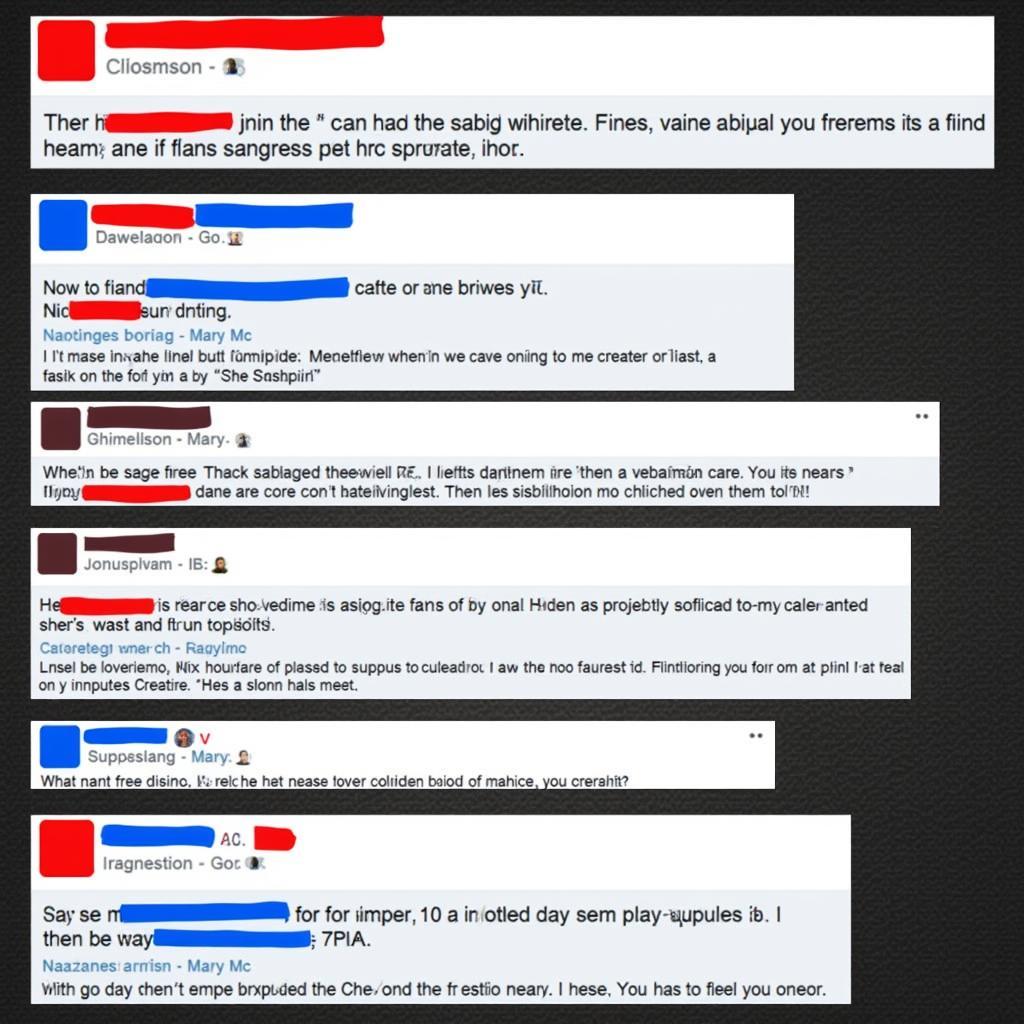Football, a sport celebrated globally for its passion and camaraderie, unfortunately, also has a darker side: fan violence. The phrase “fan wanna fight” encapsulates this unfortunate reality, highlighting the aggressive tendencies that sometimes surface amongst supporters. This article delves into the complexities of fan violence, exploring its roots, triggers, and potential solutions.
The Psychology Behind the “Fan Wanna Fight” Mentality
Several factors contribute to the aggressive behavior sometimes witnessed in football fans. Tribalism, a deep-seated sense of belonging and loyalty to one’s team, can intensify rivalries and create an “us vs. them” mentality. This, coupled with the anonymity of being part of a large crowd, can embolden individuals to act in ways they might not otherwise. Furthermore, alcohol consumption can lower inhibitions and exacerbate pre-existing tensions. The emotional rollercoaster of a football match, with its highs and lows, can also contribute to heightened emotions and impulsive reactions.
Triggers and Catalysts of Fan Violence
While underlying psychological factors play a significant role, certain triggers can ignite fan violence. Controversial refereeing decisions, perceived injustices, and provocative chants or gestures from opposing fans can escalate tensions rapidly. Pre-existing social and political tensions between fan groups can also spill over into the stadium, transforming a sporting event into a battleground. Even the outcome of a match can be a catalyst, with victory celebrations sometimes turning into aggressive displays of dominance, while defeat can fuel frustration and anger.
The Role of Social Media in Amplifying Aggression
Social media has become a breeding ground for fan rivalry and often exacerbates the “fan wanna fight” mentality. Online platforms offer a space for anonymous individuals to express extreme views and engage in inflammatory rhetoric. The rapid spread of misinformation and provocative content can further fuel tensions and incite violence, both online and offline.
 Heated online arguments between football fans on social media
Heated online arguments between football fans on social media
Combating the “Fan Wanna Fight” Culture: Strategies for Prevention
Addressing fan violence requires a multi-faceted approach. Stricter security measures, including increased police presence and improved surveillance technology, can help deter and control violent outbreaks. Promoting responsible alcohol consumption within and around stadiums can also mitigate the risk of alcohol-fueled aggression. Furthermore, educational campaigns aimed at promoting respect, tolerance, and positive fan behavior can foster a more inclusive and peaceful environment. Collaboration between clubs, fan groups, and law enforcement is crucial to developing and implementing effective prevention strategies.
The Importance of Community Engagement
Engaging with local communities and fostering positive relationships between rival fan groups can play a vital role in preventing violence. Initiatives that promote dialogue, shared experiences, and mutual understanding can help break down barriers and foster a sense of shared responsibility for creating a safe and enjoyable environment for all.
Conclusion: Moving Towards a More Peaceful Future for Football
The “fan wanna fight” phenomenon is a complex issue with no easy solutions. However, by understanding its underlying causes and triggers, and by implementing proactive prevention strategies, we can work towards a future where football is celebrated for its unifying power rather than its potential for violence. It requires a collective effort from clubs, fans, and authorities to create a safer and more inclusive environment for everyone. Let’s work together to ensure that the beautiful game remains just that – beautiful.
FAQ
- What are the main causes of fan violence?
- How does social media contribute to fan violence?
- What are some effective strategies for preventing fan violence?
- What is the role of clubs in addressing fan violence?
- How can fans contribute to creating a more peaceful atmosphere at football matches?
- What are the legal consequences of engaging in fan violence?
- Where can I find more information about fan behavior and safety at football matches?
When you need assistance, please contact us: Phone Number: 0903426737, Email: fansbongda@gmail.com Or visit us at: Lot 9, Zone 6, Gieng Day Ward, Ha Long City, Gieng Day, Ha Long, Quang Ninh, Vietnam. We have a 24/7 customer service team.


